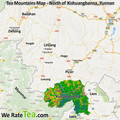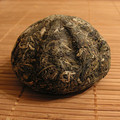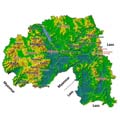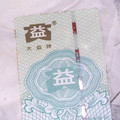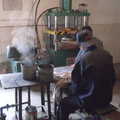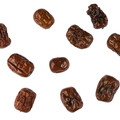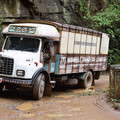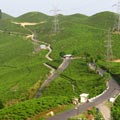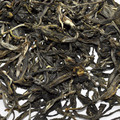 1 review
Added 14.12.2013 by Eternal Spring,
Tea status: [311] A
5351x
1 review
Added 14.12.2013 by Eternal Spring,
Tea status: [311] A
5351xCategory: Pu-erh
Country: China
Province: Yunnan
Harvest: 2005 Menghai, Xishuangbanna
Date of production: September 2006 pressed
Producer: Boyou Tea Factory
Shop: Cha Wang Shop

Tags: Shu - Ripe Puerh , Cake , Tea from 2005 till 2010
Description:
Boyou was founded in 2005, now is one of the factories which still adhere to the strictest sanitary standard in Xishuangbanna. Boyou TF hire Master Huang An Shun who was fermentation workshop director working at the Menghai Tea factory since 1957 to be supervisor for fermentation process.
05 series ripe puerh is the first batch of products. Used 2005 fermented and matured materials, after more than six months storage, select 7th grade material and blended into this "0507M"product. Similar recipe and taste with Dayi 7572, but only half the price.
Deep red and clean tea liquor, smooth with nice aroma and sweet aftertaste! This tea is made of large leaves material and can brewed for many times.
Shi Kun Mu recommend - "Especially 0507 is made of young and strong leaves, light fermentation, light 'Duiwei', taste thick, full-bodied and sweet, lingering aftertaste..."

 Shops
Shops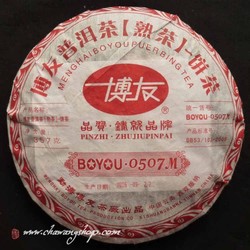










 Share on Facebook
Share on Facebook













